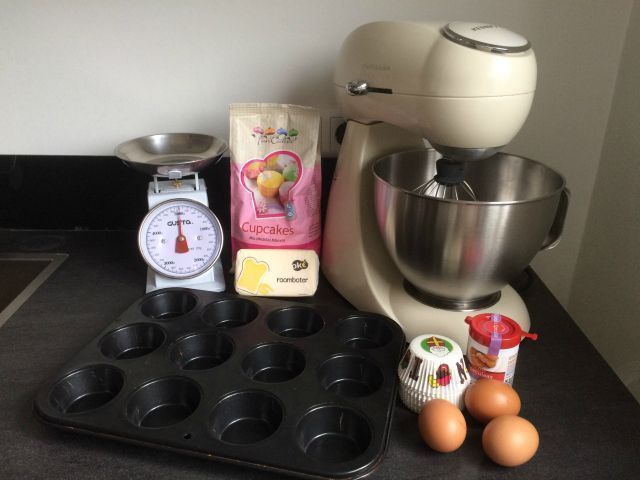Adolescent temper how to deal with it
An adolescent in the house? Then you might recognize it, the stray temper of an adolescent. For as sweet as they are, children can change in their ways at puberty.
How do you deal with these mood swings and let your adolescent be an adolescent? I'm giving tips today
Puberty
Usually puberty begins in girls around age 11 and in boys around age 13, but puberty can also start earlier or later. And for some, puberty lasts longer or shorter than for others. There's little to say about that.
I myself always feel that I suffered very little during puberty, but I don't know if my parents think otherwise. Our Eldest is now Entering Pubertty and I have to be Honest, we don't have the temper yet. But How Can We LS Parents Deal with the Changes That Are Taking Place?
It's not all strange either
It is not strange that adolescent's occasionally suffer from unruly moods. Finally, at Puberty, A Lot Suddenly Changes. Besides Physical Changes, Puberty also Changes the Brain, which can Cause Children to see things Differently.
Adolescents are often More Sensitive to Stimuli, More Easily Distracted and More Likely to Forget Things.
A Changing Mood
Not only adolescent's Body Changes, Feelings Change Too. Because hormones are so active, emotions can change: one minute they are happy and joyful, the next very sad and hurt. This is Difficult, But It's All Part of the Game.
Tempers of an adolescent
Silly Moods of Your Adolescent Are Alsoo Part of IT. Adolescent's go through so much development. In the head of an adolescent everything is upside down. This is the time where they want to decide for themselves what they do, but also figure out who they are.
There may be times when they feel that they are not good enough, that they compare themselves with peers, which becomes even more difficult because of all the physical and emotional changes they are going through.
Emotions present
Surely you can imagine – and perhaps even remember – how these emotions can all affect an adolescent's temper. How can we as parents deal with this and ensure that the adolescent can develop in his or her own time and pace, but also maintain the coziness in the house. Although we recognize it, it may be temporarily less cozy at home.
Tips on how to deal with an adolescent
- Communicate with your adolescent, explain why the rules are the way they are (for example, why you want them to be home so late)
- Make sure you listen to your adolescent. Instead of immediately telling them what to do, let adolescents figure out for themselves what they can do.
- Show that you are interested.
- Discuss and make rules together. Making them together makes sticking to them much easier and your adolescent understands that you take him or her seriously.
- Let adolescents discover for themselves the consequences of their behavior. Don't throw their dirty clothes in the wash and then wonder why their favorite pair of jeans isn't clean? Then just throw it in the laundry basket.
A fine contact with your adolescent
Now that we have an adolescent in the house, I notice changes. And these are also positive. I watch him grow, but also occasionally struggle with new emotions and feelings. If you want to improve contact with your adolescent or just keep it good, consider these tips.
It will not always go well and there will be struggles at home, but by thinking of each other you will come a long way.


